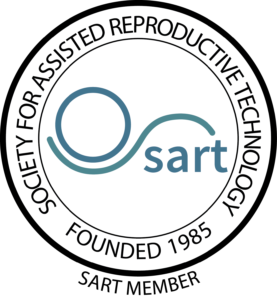In 2009 NFC started freezing donor eggs and thawing them for donor egg recipients to use in an egg donation cycle.
Egg freezing was considered experimental until October 2012. As an experimental procedure, data were not collected by SART or CDC, therefore the last data collected by SART/CDC that reflected our true success with donor eggs was reported in 2009. Below are the cumulative data for our frozen egg program since 2009 (which includes the majority of our donor egg cycles since that time).
ICED eggs is an abbreviation used by NFC to differentiate use of frozen-thawed eggs from the use of fresh eggs for the purpose of patient care and reviewing results. This abbreviation, or acronym, stands for IRB-Consented Egg Donation (ICED).
What does this acronym mean?
Initial egg freezing was considered experimental and was performed under a protocol that was approved by an institutional review board (IRB) . Patients enrolled in the protocol signed a consent acknowledging the experimental nature of the use of frozen-thawed eggs. Thus the use of frozen eggs was “ IRB-consented”. Since egg freezing is no longer considered experimental a consent is no longer used. NFC continues to use the term ICED to differentiate frozen versus fresh egg donation.
The donor eggs used for these cycles were all frozen on the day of the donors egg retrieval, thawed at a time convenient for the recipient, inseminated with the recipient partners sperm and and an appropriate embryo transfer completed. Pregnancy rates in ICED egg donation are very good, equivalent to or even better than fresh egg donation. Egg freezing is revolutionizing egg donation for many reasons and benefits donors and recipients alike. If you are interested in learning more about our donor egg program, please schedule an appointment with your NFC physician, or contact us.







